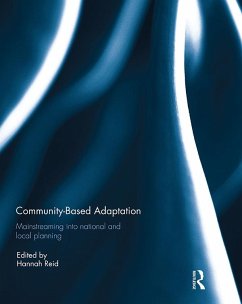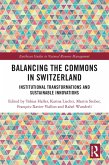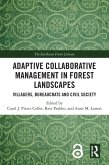Small localised stand-alone initiatives are insufficient to address the scale of challenges climate change will bring, however. The causes of vulnerability - such as market or service access, or good governance - also often operate beyond the project level. Larger organisations and national governments have therefore started to implement broader CBA programmes, which provide opportunities to scale up responses and integrate CBA into higher levels of policy and planning.
This book shows that it is possible for CBA to remain centred on local priorities, but not necessarily limited to work implemented at the local level. Some chapters address the issue of mainstreaming CBA into government policy and planning processes or into city or sectoral level plans (e.g. on agriculture). Others look at how gender and children's issues should be mainstreamed into adaptation planning itself, and others describe how tools can be applied, and finance delivered for effective mainstreaming.
This book was published as a special issue of Climate and Development.
Dieser Download kann aus rechtlichen Gründen nur mit Rechnungsadresse in A, B, BG, CY, CZ, D, DK, EW, E, FIN, F, GR, HR, H, IRL, I, LT, L, LR, M, NL, PL, P, R, S, SLO, SK ausgeliefert werden.









